Integrated training to better protect civilians
The Integrated Course on Protection of Civilians is concluded today in Stockholm. Police, military and civilian personnel working in UN peace operations have been training together in order to enhance their knowledge in protection of civilians. The course is a unique joint venture between the FBA, the Swedish Armed Forces and the Swedish Police.Last year, the High-level Independent Panel on Peace Operations (HIPPO) presented a report which scrutinized the United Nations peacekeeping efforts the last decade. The panel concluded that protection of civilians is a core obligation of the United Nations. Since the end of the cold war United Nations peacekeeping operations have transformed as the Security Council has shifted peacekeeping well beyond its traditional role of monitoring the implementation of peace agreements. Following the mass atrocities seen in places like Rwanda, Bosnia and Somalia during the 1990s, the ten largest peacekeeping missions today have mandates to protect civilians.
– The Under-Secretary General for UN’s department of peacekeeping operations (DPKO), André Ladsous, once said that protection of civilians should be the DNA of peacekeeping, says Baptiste Martin, who works as Senior Protection of Civilians Adviser in MINUSCA, the UN mission in Central African Republic. He is currently in Sweden to share his experience with the participants on the Integrated Course on Protection of Civilians.
Even though about 95 percent of the peacekeepers around the world are mandated to use force to protect civilians it is no easy task to carry out. UN peace operations are deployed to more threatening and challenging conflict areas than ever before. To protect the civilian population in countries such as the Central African Republic, the Democratic Republic of the Congo and Mali requires more than boots on the ground – it takes a comprehensive approach from all military, police and civilian components together with the political dimension of a peacekeeping operation to coordinate this task.
– Training separately and working together doesn’t work in the field, says Baptiste Martin when he highlights the importance of this type of course to enhance the level of knowledge among mission personnel on how to conduct protection of civilians.
– The use of mentors, and the large degree of interaction and discussions in this training is key for successfully preparing personnel for the field work, he says.
Some of the participants at the course are active today in various peace operations, while others are soon to be deployed. The course consists of modules provided by the DPKO aimed at providing practical training for police, military and civilian components, and the course is certified by the UN.
– It is a unique course in the way that all three authorities, civilian, military and police, are planning, executing and evaluating the course jointly, says Bodil Israelsson, project manager for civil-military relations at the FBA.
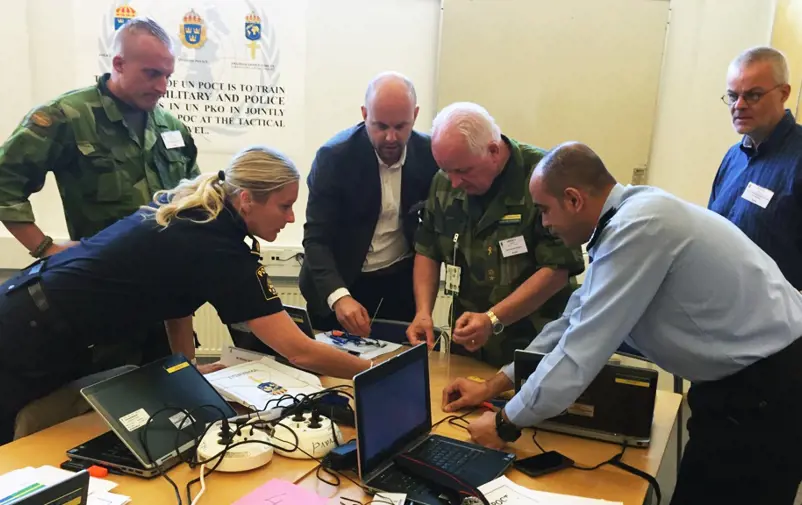
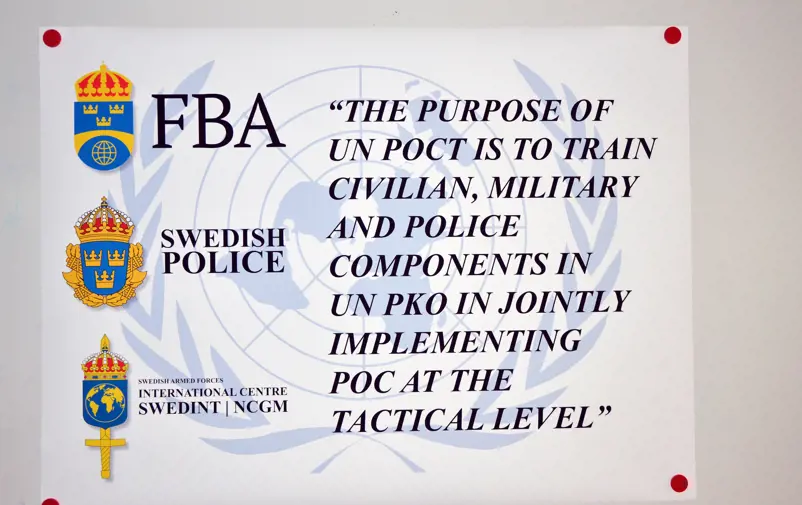
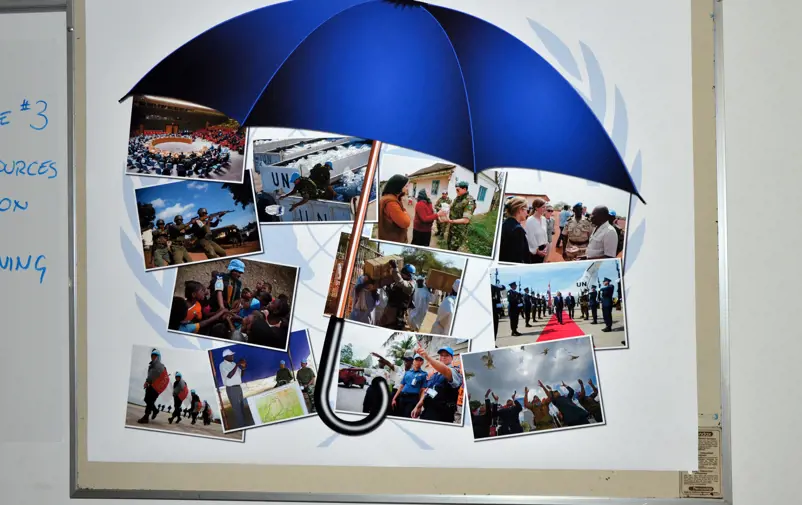
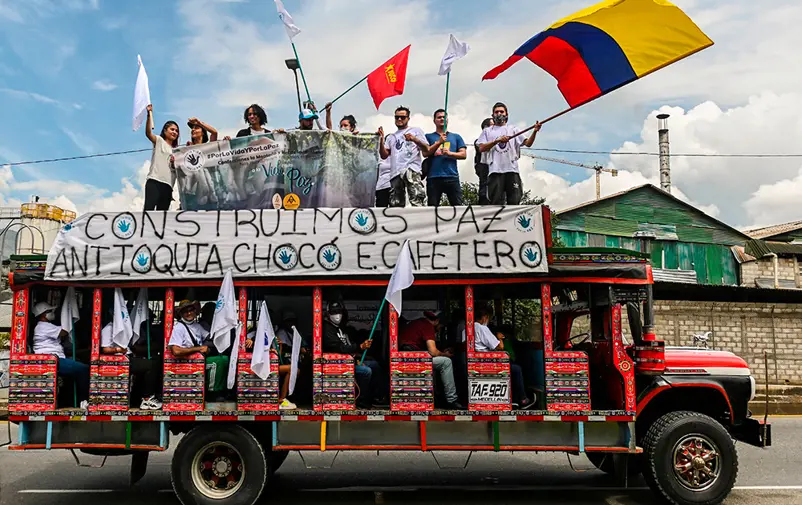





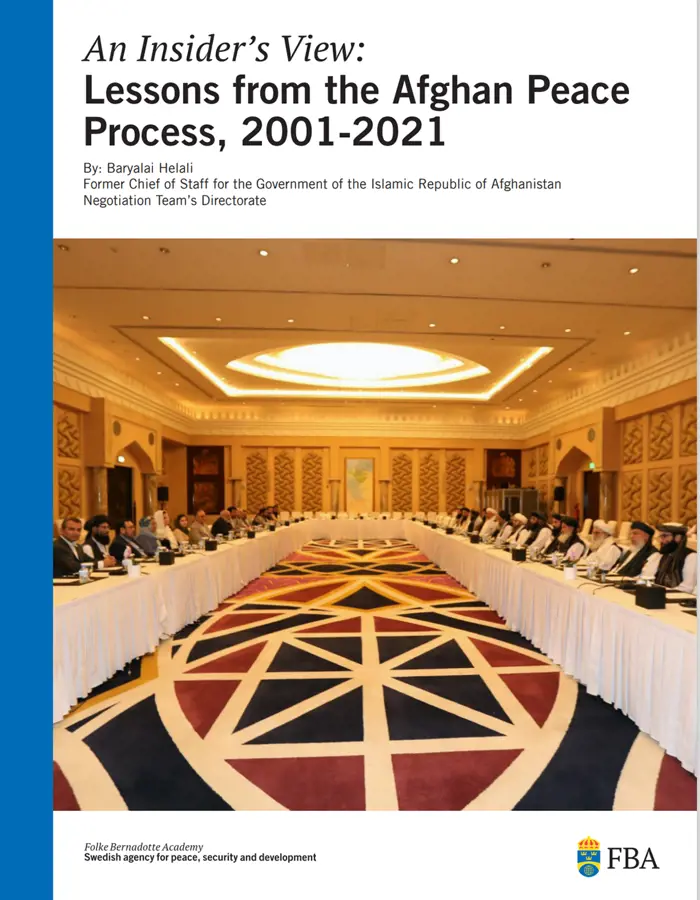
 >
> >
>

